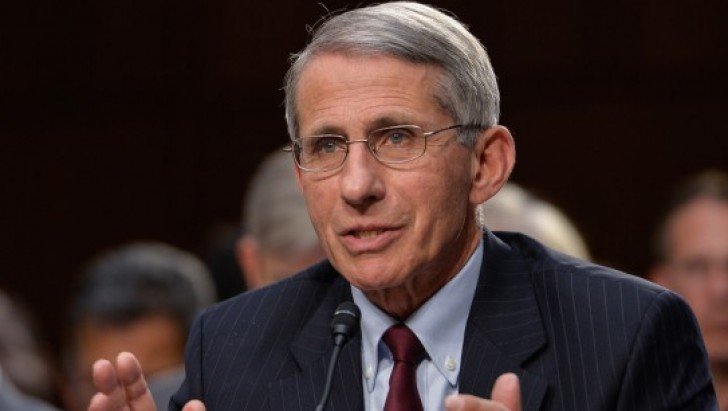Health
America faces 'darkest winter in modern history': US whistleblower

New York, May 14
Barely 48 hours after America's top infectious diseases expert Dr Anthony Fauci warned of suffering and death if states reopen too quickly, Dr Rick Bright, a government whistleblower who was recently fired by the Trump administration, delivered chilling testimony saying that the US faces the "darkest winter in modern history" unless leaders act decisively to prevent a rebound of the coronavirus.
"Our window of opportunity is closing," Bright said. "If we fail to develop a national coordinated response, based in science, I fear the pandemic will get far worse and be prolonged, causing unprecedented illness and fatalities."
US President Donald Trump has dismissed Bright as "a disgruntled guy" just as he brushed aside Dr Fauci's warnings earlier this week that premature reopening may "turn the clock back".
Until recently, Bright was the director of the Biomedical Advanced Research and Development Authority (BARDA).
Bright tore into America's response and urged the government to allow scientists to speak without "fear of retribution".
He called for increasing public education around the "simple things" like hand washing and mask wearing in public.
"We need a national testing strategy. The virus is here, it is everywhere. We need to be able to test and isolate", he said in a sobering, five-minute opening statement.
"Pages from our pandemic playbook have been ignored by leaders," according to Bright.
"The undeniable fact is there will be a resurgence of (COVID-19) this fall, greatly compounding the challenges of seasonal influenza and putting an unprecedented strain on our health care system.
"Without clear planning and implementation of the steps that I and other experts have outlined, 2020 will be the darkest winter in modern history," Bright cautioned.
Bright claims he became a target after he urged early efforts to invest in vaccine development and stock up on strategic national supplies.
According to Bright, "we still do not have a standardised, coordinated plan to lead us through this response."



































